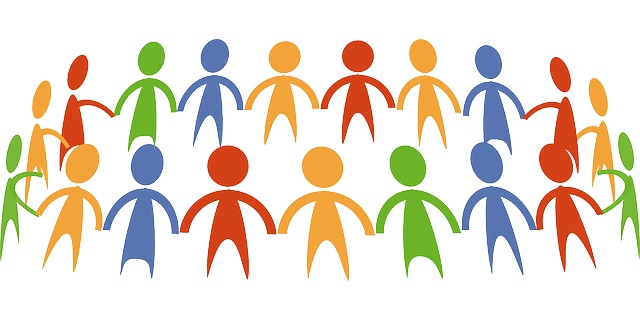This post was written by Guest Blogger, Katie Asmus, MA, LPC. Katie Asmus and Barb Maiberger are also instructors for “Compassion Fatigue and Vicarious Traumatization Prevention for Therapists”

As empathetic beings, simply through being in relationship with others who’ve had hard experiences, it is common to experience increased anxiety, depression, hopelessness, or general shifts in our beliefs about the world. A few weeks ago, I was invited to share a workshop on Vicarious Trauma & Self Care with a group of helping professionals. Ironically, the date of the presentation fell on the week following Boulder’s flood. For those that were able to attend, there was a normalization and understanding about the conscious and unconscious ways that being in “the field” of trauma effects us.
Many of us in the therapy world know, when we perceive a threat in our environment (physical, emotional, spiritual), our human brains and bodies mobilize a whole neurophysiological response to support us in fighting, fleeing, or ultimately freezing to most safely and effectively survive or navigate the situation. The challenge is, if we do not ever get the chance to fight or flee, or discharge this aroused state from the nervous system, our body-mind systems remain activated, creating an internal self-perpetuating feedback loop informing us that we are still in danger. This same response of activation in the nervous system can get triggered when we witness or hear stories of trauma, or simply sit in the room with someone who has traumatic experiences. Yes- it is true! Simply sitting in the room with another, our nervous systems are unconsciously and constantly entraining each other’s. This is why when we leave, after being with someone who is anxious, we may feel anxious ourselves, or relief in the ending of time together. On the flip side, when we are with someone who is calm and present we are also impacted.
Experiencing the trauma of others, just as with experiencing our own challenges directly, our brains, bodies, beliefs, and behaviors are impacted. Self-awareness and self-care are crucial tools for both building inner resiliency and mitigating the effects of being in the “field of trauma” so that we may continue being of service for years to come.
Here are some tips and tools to navigate and mitigate the impacts of being with others who have experienced trauma:
- Understand the basics of the neurophysiology and somatic experiences of trauma and vicarious trauma: This Normalizes and takes the shame out of this wise and natural survival process.
- Actively practice Self-Awareness and Self-compassion: Know your own early warning signs of fatigue, or burn-out.
- Build inner resiliency: Spend time every day doing things that are nourishing.
- Identify personal areas of challenge or vulnerability to stress: Know your own limits!
- Have a clear plan for self-care and follow through with it!
- Know when to seek support!
Think about one thing you will do TODAY to nourish yourself! Enjoy!
About Katie Asmus, MA, LPC

Katie Asmus, MA, LPC, is a Body-Centered Psychotherapist and Educator. With 17 years experience working in the wilderness, and 12 years as a clinician working with a variety of populations, Katie has spent a great deal of her career bridging the two in the field of Wilderness Therapy. After realizing the prevalence of trauma in our society, Katie focused her graduate studies and thesis work on body-centered modalities for working with trauma in the wilderness, bringing this work to the fields of Adventure Education and Wilderness Therapy. She has presented nationally for 7 years on this topic, and has published a journal article entitled, “Emotional Risk Management: Identifying and Working with Emotional Trauma in the Wilderness Setting through Body Centered Interventions”. Katie was also part of the creation and facilitation of the first Clinical First Responder Course offered at Naropa University in 2004.
Image: “Circles” by OpenClips via Pixabay (CC)





